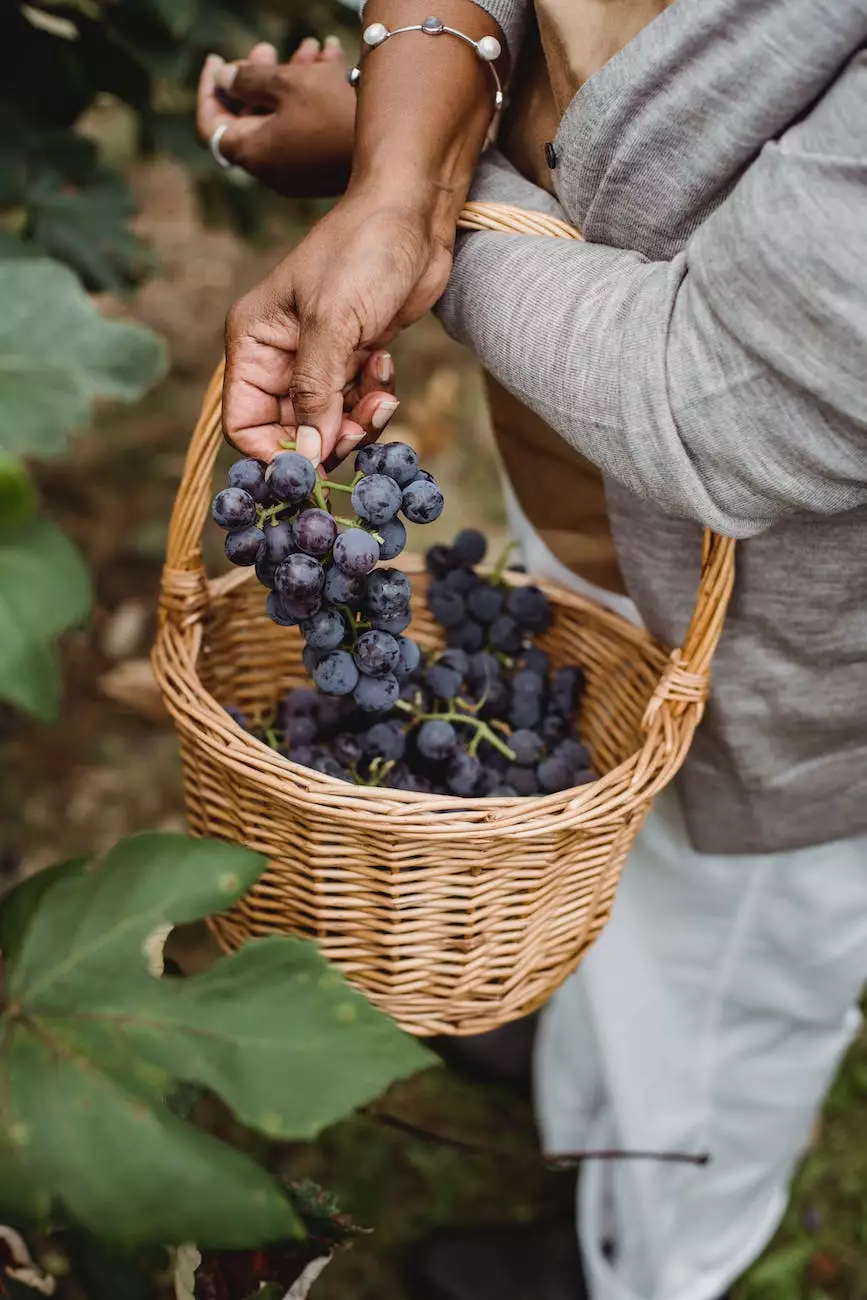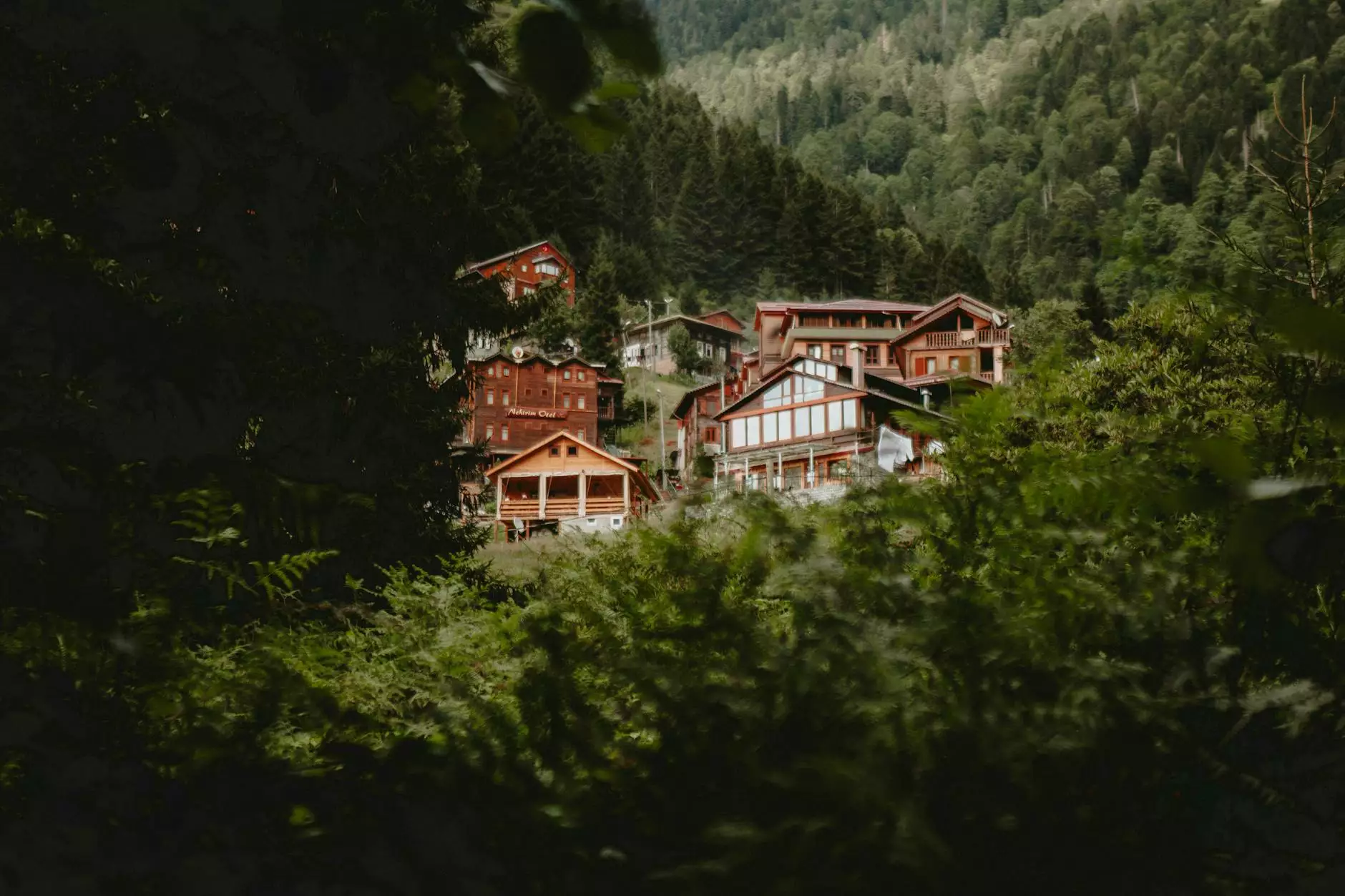Mulch Madness: Find the Right Type of Mulch
Landscape Design
Introduction
Welcome to Bryant Equipment Company's comprehensive guide on finding the right type of mulch for your landscaping needs. Mulching is a vital aspect of maintaining a healthy garden or lawn, and choosing the appropriate mulch can significantly impact the aesthetic appeal and overall health of your outdoor spaces. In this guide, we will explore various types of mulch, their advantages, and how they can benefit your landscaping projects.
Why Mulching Matters
Mulch serves multiple purposes, making it an essential component of any well-maintained garden or lawn. Apart from enhancing visual appeal, mulching offers the following benefits:
1. Moisture Retention
By applying a layer of mulch around your plants, you create a barrier that helps to retain moisture. This is especially beneficial during hot summer months or in drought-prone areas, as it reduces the need for frequent watering and conserves water resources.
2. Weed Control
A thick mulch layer helps suppress weed growth by limiting sunlight exposure to the soil. This reduces the competition for nutrients and space between your desired plants and the unwanted weeds, resulting in a healthier and more manageable garden.
3. Temperature Regulation
Mulch acts as an insulator, protecting plant roots from extreme temperatures during both summer and winter. It helps keep the soil cooler in hot weather and prevents freezing in colder climates, ensuring optimal growing conditions for your plants.
4. Soil Enrichment
As mulch breaks down over time, it enriches the soil by adding organic matter and essential nutrients. This natural process enhances soil fertility and promotes beneficial microbial activity, contributing to healthier plant growth and improved overall soil quality.
Types of Mulch
1. Organic Mulch
Organic mulches are derived from natural materials such as wood chips, shredded bark, straw, or compost. These mulches not only provide the benefits mentioned above but also improve soil structure, increase earthworm activity, and attract beneficial insects. Organic mulches are ideal for a wide range of plants, including ornamentals, vegetables, and fruits.
2. Inorganic Mulch
Inorganic mulches are made from materials like gravel, stones, or rubber. They offer long-lasting weed control and moisture retention capabilities, making them suitable for areas where regular mulch replacement may be challenging. Inorganic mulches also contribute to a modern or minimalist aesthetic. However, they do not provide as much soil enrichment as organic alternatives.
3. Pine Straw Mulch
Pine straw mulch, made from pine needles, is a popular choice for gardeners seeking an attractive and affordable option. It enhances garden aesthetics and helps prevent soil erosion. Pine straw also works well for acid-loving plants such as azaleas and rhododendrons, as it gradually releases acidity into the soil.
4. Wood Chip Mulch
Wood chip mulch is derived from chipped or shredded branches, twigs, or tree bark. It offers excellent moisture retention properties and helps regulate soil temperature. Wood chip mulch decomposes slowly, ensuring long-lasting benefits. It works particularly well for large garden beds, walkways, or around trees and shrubs.
5. Rubber Mulch
Recycled rubber mulch is an environmentally friendly option that repurposes rubber from tires. It provides good weed control, lasts for many years, and offers insulation for plant roots. Rubber mulch is commonly used in playgrounds and areas where safety and durability are crucial.
Selecting the Right Mulch
Choosing the most suitable mulch for your specific requirements can be overwhelming with so many options available. Here are a few factors to consider:
1. Planting Area
Consider the location and type of plants you intend to mulch. Different plants thrive in varying conditions, so select a mulch that aligns with their specific needs. For example, acid-loving plants require pine straw mulch, while vegetables may benefit from organic mulches.
2. Climate and Season
Take into account your local climate and seasonal variations. In hotter regions, mulches with excellent moisture-retaining properties, such as wood chips or rubber mulch, may be optimal. In colder climates, choose a mulch that also provides insulation to protect plants from frost.
3. Aesthetics and Functionality
Consider both the visual appeal and functionality of the mulch. Organic options like wood chips or pine straw often provide a more natural, rustic look, while gravel or rubber mulch may be preferred for a sleek and modern design. Ensure the mulch fits well with your overall landscaping vision.
Conclusion
In summary, choosing the right type of mulch is essential for maintaining healthy and visually appealing gardens or lawns. Bryant Equipment Company provides a wide range of high-quality mulch options to suit your specific landscaping needs. Incorporating mulch into your outdoor spaces offers multiple benefits, including moisture retention, weed suppression, temperature regulation, and soil enrichment. Explore the various types of mulch available, consider factors such as plant requirements, climate, and aesthetics, and make an informed decision to enhance the beauty and longevity of your outdoor spaces.




